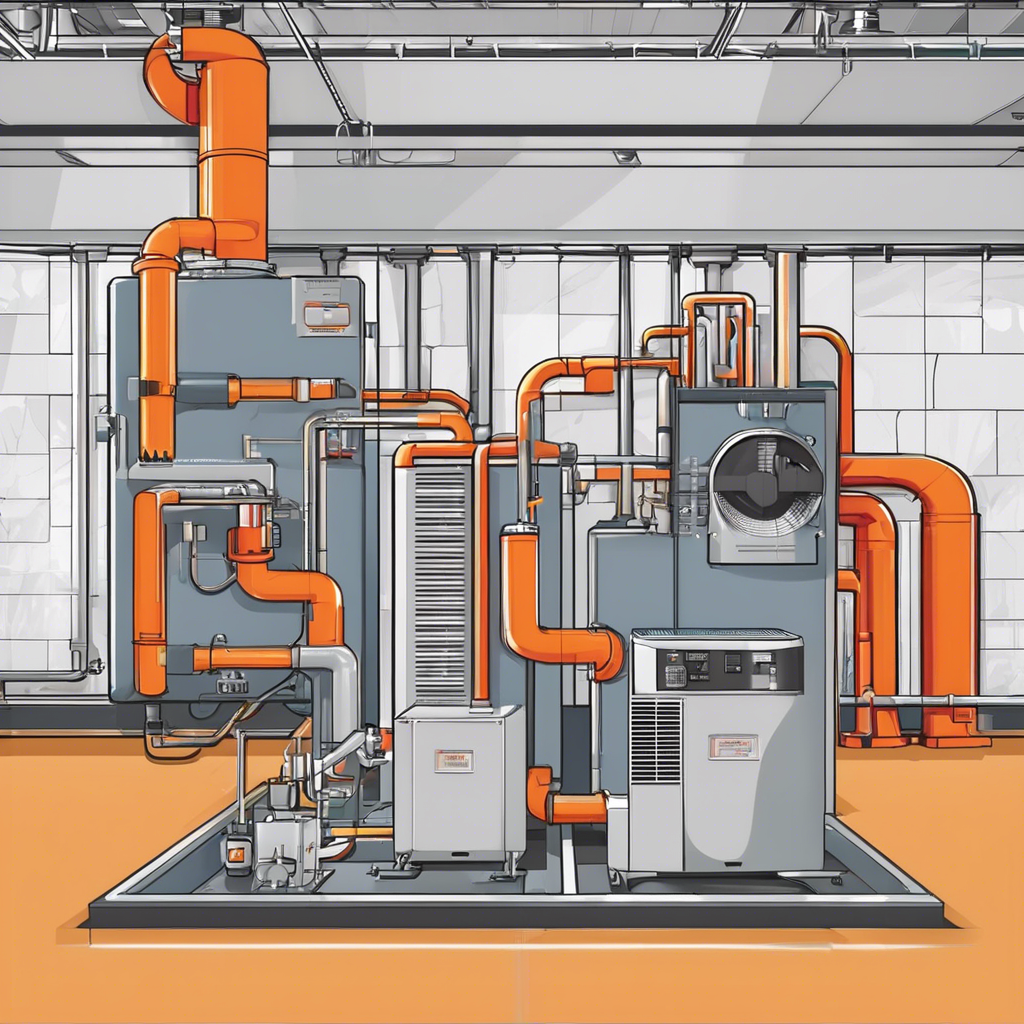HVAC certification programs are essential for individuals looking to pursue a career in the heating, ventilation, and air conditioning industry. These programs provide students with the necessary knowledge and skills to work in this field effectively. Whether you are interested in becoming an HVAC technician, installer, or service technician, obtaining the right certification is crucial for your success.
One of the main benefits of enrolling in an HVAC certification program is the opportunity to learn about the latest technologies and techniques used in the industry. These programs cover a wide range of topics, including HVAC systems design, installation, maintenance, and repair. By completing a certification program, students can stay up-to-date with industry trends and best practices.
In addition to theoretical knowledge, HVAC certification programs also focus on practical training. Students have the chance to gain hands-on experience working with HVAC equipment and tools under the guidance of experienced instructors. This practical training is invaluable for developing the skills needed to succeed in the field.
Furthermore, obtaining an HVAC certification can significantly enhance your career prospects. Many employers prefer to hire certified HVAC professionals as they have demonstrated their commitment to excellence and professionalism. With a certification, you may have access to better job opportunities and higher salaries.
There are several types of HVAC certifications available, ranging from entry-level to advanced levels. Some of the most popular certifications include EPA 608 certification, NATE certification, and HVAC Excellence certification. Each certification focuses on specific areas of HVAC work, allowing individuals to specialize in their preferred area.
Before enrolling in an HVAC certification program, it is essential to research and choose a reputable institution. Look for programs that are accredited by recognized organizations such as HVAC Excellence or the Partnership for Air-Conditioning, Heating, Refrigeration Accreditation (PAHRA). Accredited programs ensure that you receive quality education and training.
Many HVAC certification programs offer flexible learning options, including online courses, evening classes, and hands-on workshops. This flexibility allows individuals to pursue their certification while balancing other commitments such as work or family responsibilities. Choose a program that fits your schedule and learning preferences.
In addition to technical skills, HVAC certification programs also cover essential topics such as safety regulations, environmental protection, and customer service. These skills are crucial for maintaining a high standard of work and ensuring customer satisfaction. By completing a certification program, you will be well-equipped to handle various HVAC challenges effectively.
Networking opportunities are another valuable aspect of HVAC certification programs. Students have the chance to connect with industry professionals, potential employers, and fellow classmates. Building a strong professional network can open doors to job opportunities, mentorship, and career growth in the HVAC industry.
Upon completing an HVAC certification program, individuals may need to pass a certification exam to demonstrate their knowledge and skills. These exams are designed to assess the student’s understanding of HVAC concepts and their ability to apply them in real-world scenarios. Successfully passing the exam is a significant achievement that can boost your credibility as an HVAC professional.
Continuing education is essential for HVAC professionals to stay current with industry advancements and maintain their certifications. Many certification programs offer ongoing training and professional development opportunities to help individuals stay competitive in the field. By investing in continuous learning, HVAC professionals can enhance their skills and expertise over time.
Some HVAC certification programs also offer specialized training in areas such as energy efficiency, indoor air quality, and green technologies. These specialized certifications can set you apart in the industry and position you as an expert in a niche area. Consider pursuing additional certifications to expand your knowledge and career opportunities.
In conclusion, HVAC certification programs play a vital role in preparing individuals for successful careers in the heating, ventilation, and air conditioning industry. By enrolling in a reputable program, students can acquire the necessary skills, knowledge, and certifications to excel in this field. Whether you are just starting your HVAC career or looking to advance to the next level, a certification program can help you achieve your goals. Invest in your future today by exploring HVAC certification programs and taking the first step towards a rewarding career in the HVAC industry.
As the demand for skilled HVAC professionals continues to grow, obtaining the right certification can give you a competitive edge in the job market. With the right training and credentials, you can build a successful career in a dynamic and rewarding industry. Start your journey towards becoming a certified HVAC professional today and unlock a world of opportunities in the HVAC field.
